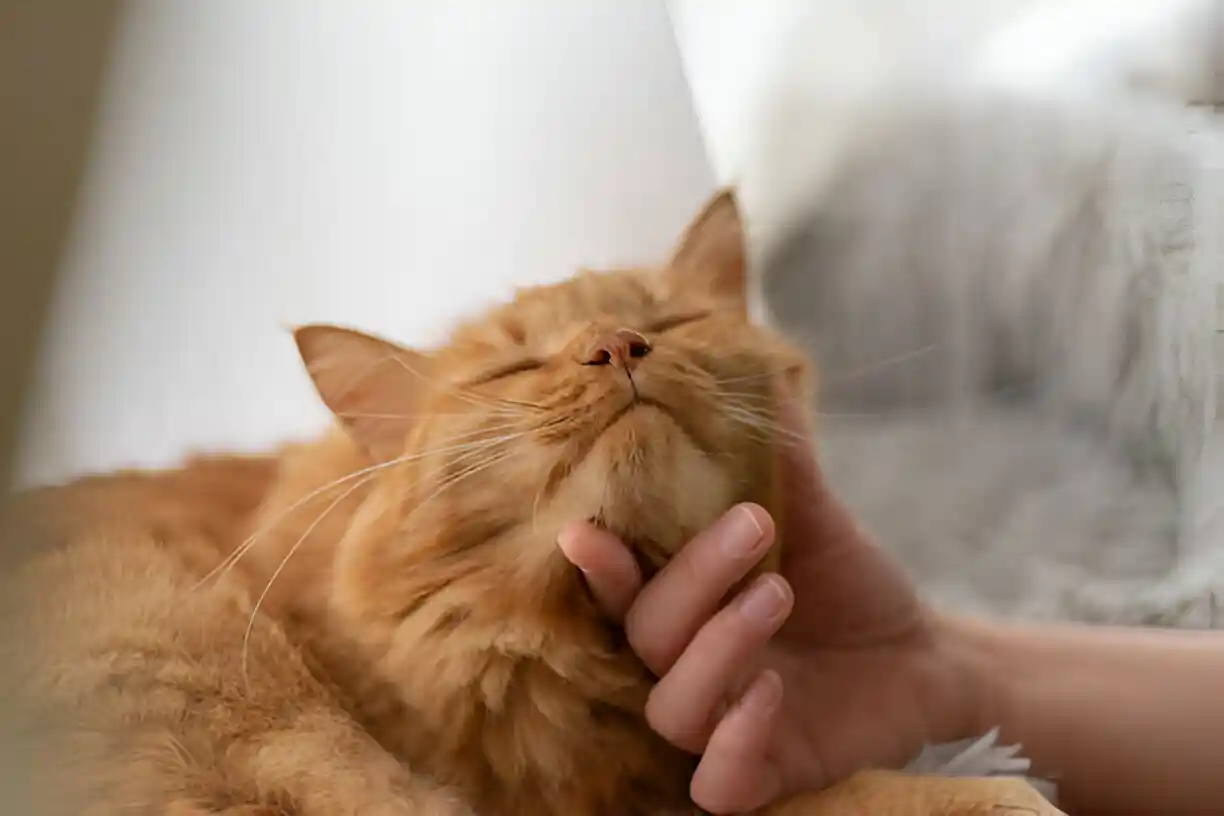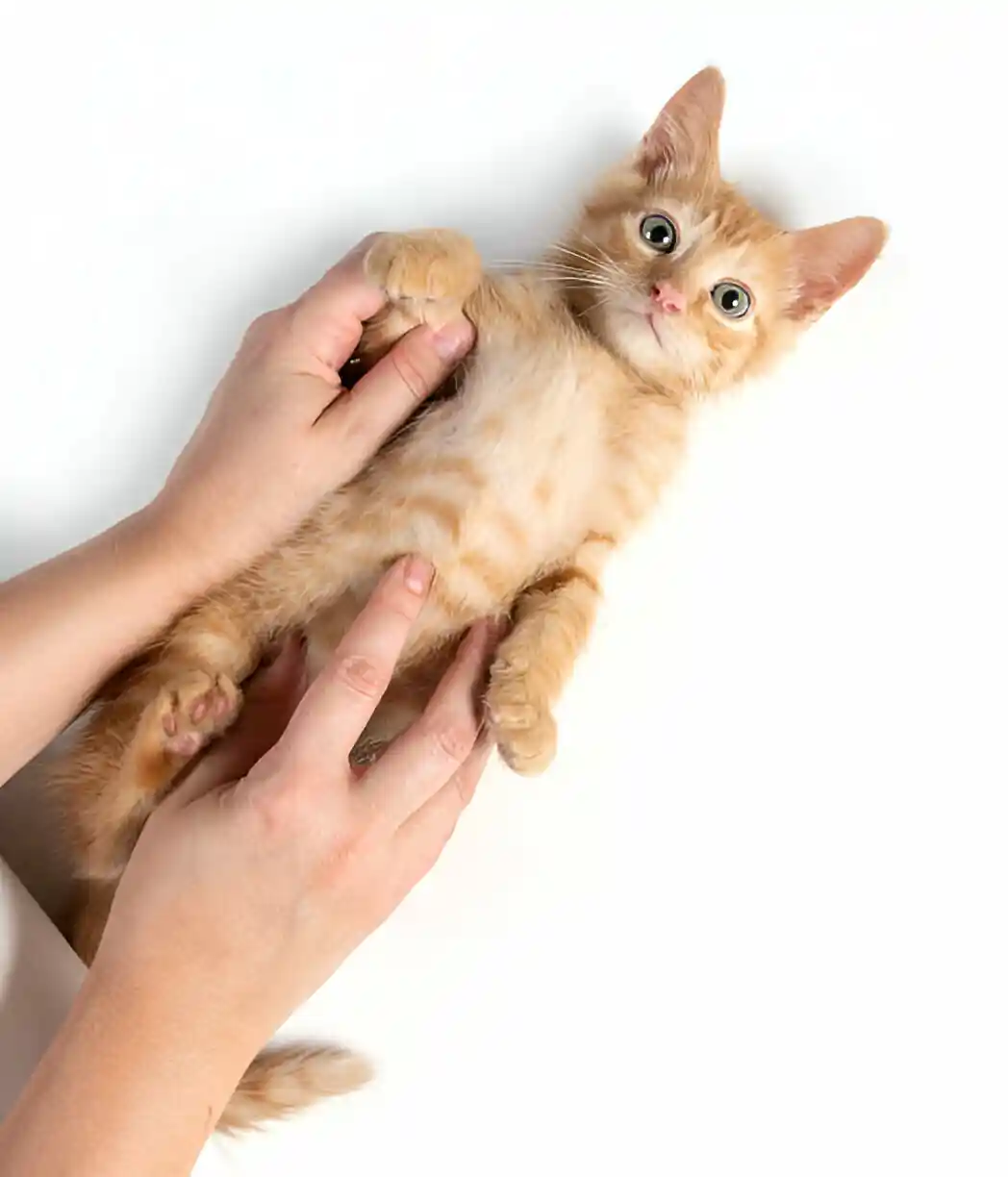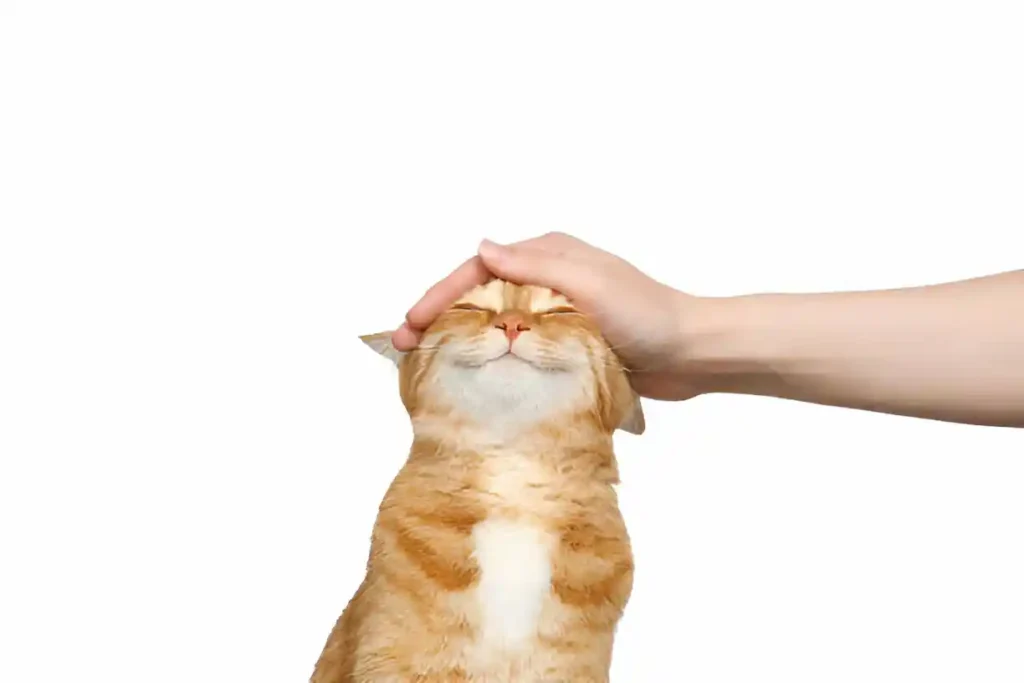Have you ever wondered about the origins of the endearing term “pussycat” used to refer to our feline friends? As a cat lover and owner myself, I was curious to uncover the history behind this charming nickname that has endured through centuries.
In this post, we’ll explore the fascinating evolution of “why are cats called pussycats” – from its linguistic roots to its prevalence in pop culture. We’ll also look at the psychological appeal of this moniker and humanity’s enduring affection for cats. Read on for a deeper dive into the term of endearment that captures our connection with these beloved creatures!
The Fascinating History Behind the Name
The term “pussycat” has a long and winding history through the evolution of language over centuries. There are a few leading theories about the origin of this nickname for cats:
Theories on the Origin of “Pussycat”
Some linguists believe that “pussycat” grew out of a distortion of the Old English word for cat – “puca” or “pusa.” The word might have transformed into “puss” and eventually “pussycat” as the English language developed.
Evolution from Old English Terms
In Old English, the word for a cat was “catt” which derived from the Latin “catus.” Over time, catt morphed into the modern English “cat.” But Old English also had “puca” meaning pocket or pouch. This could have led to “puss” and “pussy.”
Connection to Other Languages
There are similar sounding words in other languages too. For instance, the Swedish and Danish “pus,” the Dutch “poes,” the Old Norse “pūss,” and the Low German “puus” which all mean cat. This indicates a Germanic root for the term. 

The Breakdown: “Puss” vs “Pussy” vs “Pussycat”
To better understand the evolution of “pussycat,” let’s break down the components of the word:
Why Are Cats Called Puss?
The word “puss” originated as a call name used to attract cats, like we use “kitty” today. It may come from the Latin “pusillus” meaning tiny or little. Or it could have roots in the Germanic languages, as a diminutive term for a cat or kitten.
Why Are Cats Called Pussy?
“Pussy” developed as a variation of “puss” by adding a cutesy “y” at the end, which was common in forming pet names. It was an affectionate term for a cat, playing on the soft, furry texture of cats.
How Did We Get Pussycat?
“Pussycat” seems to combine “pussy” and “cat,” simply joining the two terms together for a rhythmic rhyming effect. The word rolled off the tongue nicely and became popular in songs, poetry, and books, cementing it in the English lexicon.
Regional Differences in Using “Pussycat”
While “pussycat” is common in English-speaking countries, its prevalence and connotations vary across different regions:
Prevalence in UK, US, Australia, New Zealand
- In the UK, “pussycat” is widely used traditionally in nursery rhymes and literature. “Moggie” is also common, especially for mixed breed cats.
- The US is quite familiar with it from pop culture, though “kitty” is more popular than “pussycat.”
- Former British colonies like Australia and New Zealand retain the traditional “pussycat” in an affectionate or formal context.
The Endearing Nickname in Pop Culture
Beyond its everyday use, “pussycat” has embedded itself in popular media and culture, adding to its stickiness over time:
Nursery Rhymes, Songs, Literature
It is found in nursery rhymes like “Pussycat, Pussycat” and in songs, movies, cartoons, and books. The alliterative, whimsical quality gives it broad cultural appeal.
The Psychology Behind the Term of Endearment
Let’s look at why this particular moniker has such enduring popularity and resonance for cat owners:
The Charm and Resonance of “Pussycat”
The sound and cadence of “pussycat” have an inherent charm, warmth, and endearing quality. Saying it evokes the fond feelings we associate with cute kittens and cats.
Link to Feminine Attributes
Cats have traditionally been linked to feminine grace, beauty, and independence. “Pussycat” ties into these attributes with its soft, feminine connotations.
Impact on Human-Feline Bond
Loving nicknames like “pussycat” strengthen the emotional bond between humans and their companion cats.
Humanity’s Connection with Cats Over Time
To fully appreciate the “pussycat” phenomenon, we should understand the larger context of how cats became our close companions over centuries.
History of Cats as Companions
Originally domesticated to control pests, cats have lived alongside humans for nearly 10,000 years. Their agility and aloofness, in contrast to eager-to-please dogs, has captivated us through the ages.
Cats in Art and Literature Through the Ages
Cats have been featured in art, stories, myths, and legends across different cultures for centuries. Writers from T.S. Eliot to Stephen King have portrayed them in literature.
Enduring Affection for Our Feline Friends
Clearly, cats have secured a special spot as one of humans’ most beloved companion animals. Our pop culture is full of cat memes, videos, imagery, and terms of endearment like “pussycat” expressing this lasting affection. 

Conclusion
As we’ve explored, “pussycat” has a long linguistic and cultural history through the evolution of the English language and our intrinsic love of cats. This charming nickname for our feline friends evokes warmth, whimsy, and deep appreciation for cats as special companions to humans over millennia.
Hopefully this background provides a new layer of meaning the next time you affectionately call your favorite kitty a “pussycat”! Let the term remind you of the enduring and delightful human-feline bond.
FAQ on Why Are Cats Called Pussycats ?
Why is “pussycat” a term of endearment?
“Pussycat” combines the softness of “pussy” with “cat,” highlighting the affectionate nature of felines.Is the term “pussycat” used worldwide?
Yes, while there are regional variations, “pussycat” is widely recognized and used globally.Are there other common nicknames for cats?
Yes, other nicknames include “kitty,” “puss,” and “mouser.”Why do cats inspire so many nicknames?
Cats’ unique personalities and close bond with humans inspire a variety of affectionate nicknames.How has the internet influenced the term “pussycat”?
The internet, through memes and videos, has kept the term “pussycat” popular and relevant among new audiences.Useful Equipment
Let us know down below if you found this article helpful. Are there any other topics you would like us to touch on?
If you are a cat or pet lover in general here are a few more articles you may find interesting:
RELATED POSTS:
The Top 10 Most Expensive Cats In The World
Does Cat Litter Expire? The Answer May Surprise You 2024!
Understanding And Decoding The Cat's Body Language 2024
The Top 10 Most Popular Cat Breeds In The World 2024
How to Stop Cats from Scratching Carpet: Effective Tips and Solutions 2024
The Ultimate Guide to Freeze Dried Cat Food - Benefits, Types, and FAQs 2024
THE BEST CAT FOOD FOR YOUR CAT 2023
How To Travel With Cat: A Comprehensive Guide 2024
Homemade Cat Recipes For Every Occasion 2024
How To Train A Kitten To Use A Litterbox: A Effective Guide 2024
Why is My Hamster Shaking with Eyes Closed? Facts 2024
How Long Can an Indoor Cat Survive Outside? Surviving the Great Outdoors 2024

